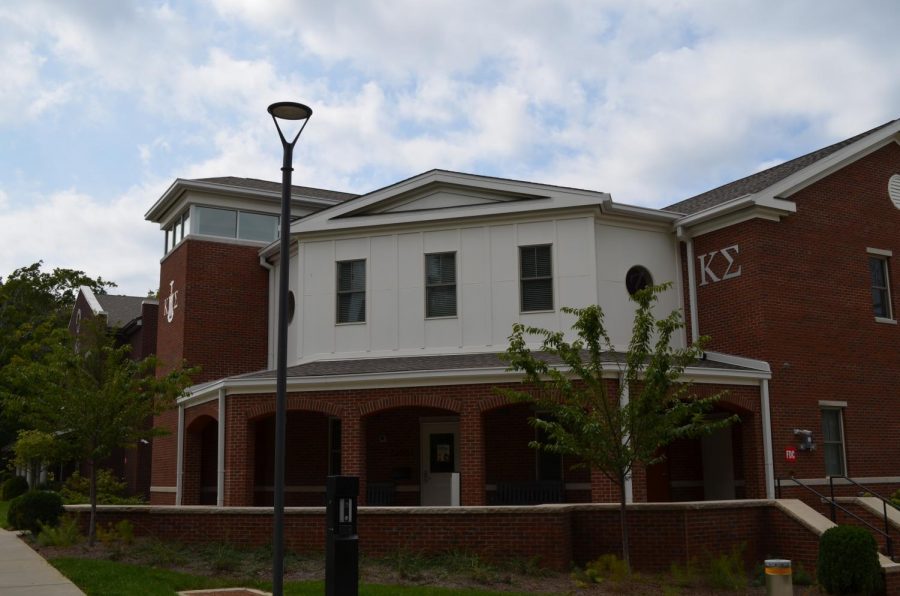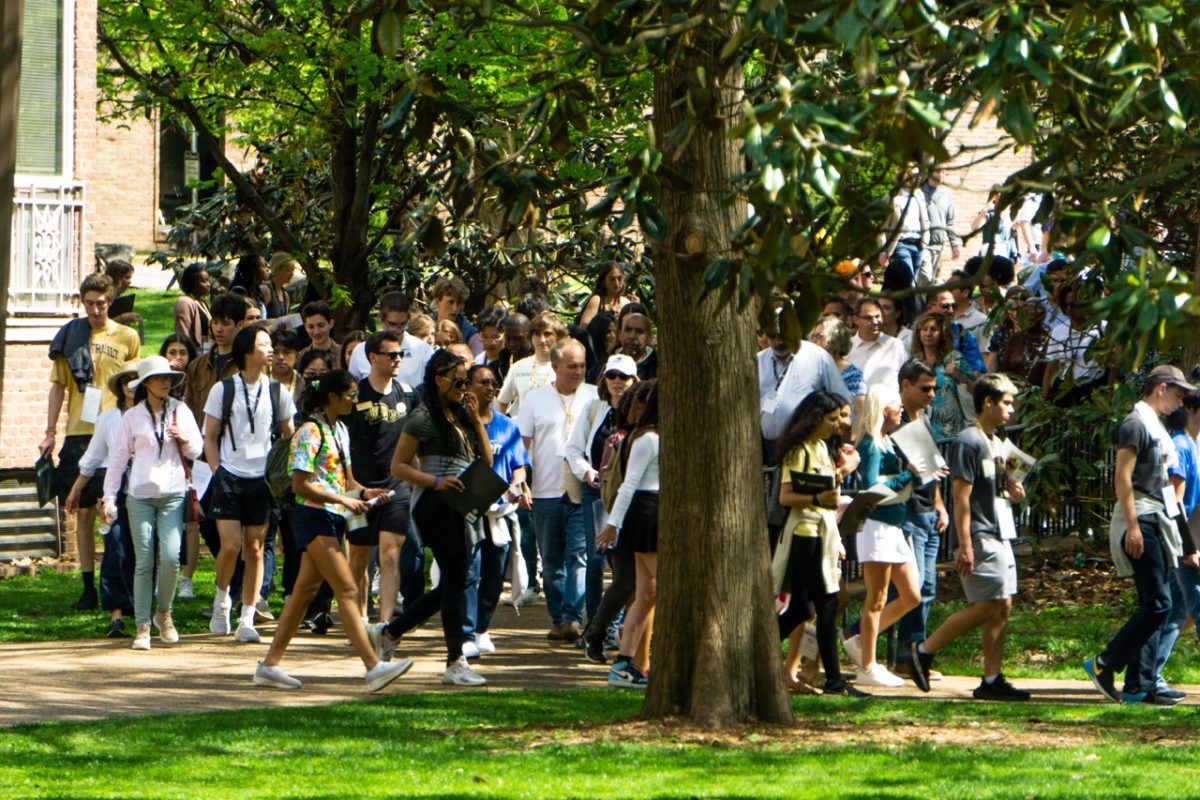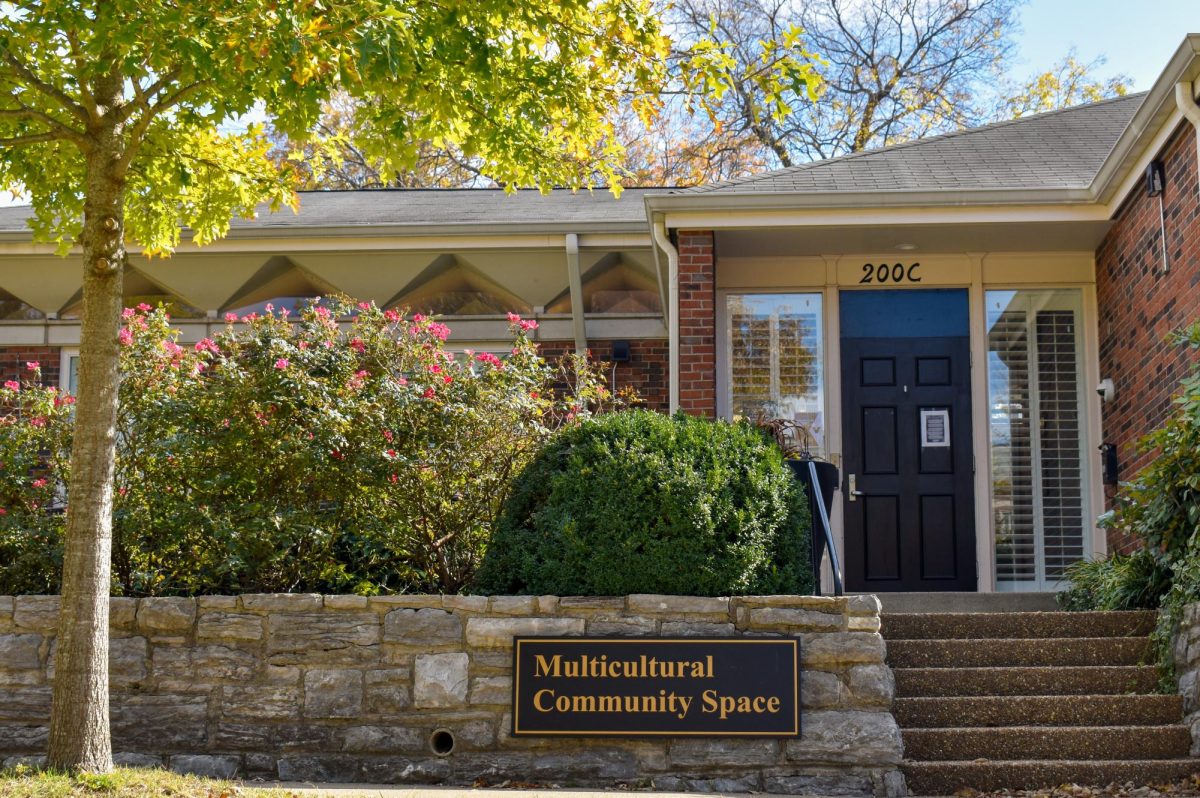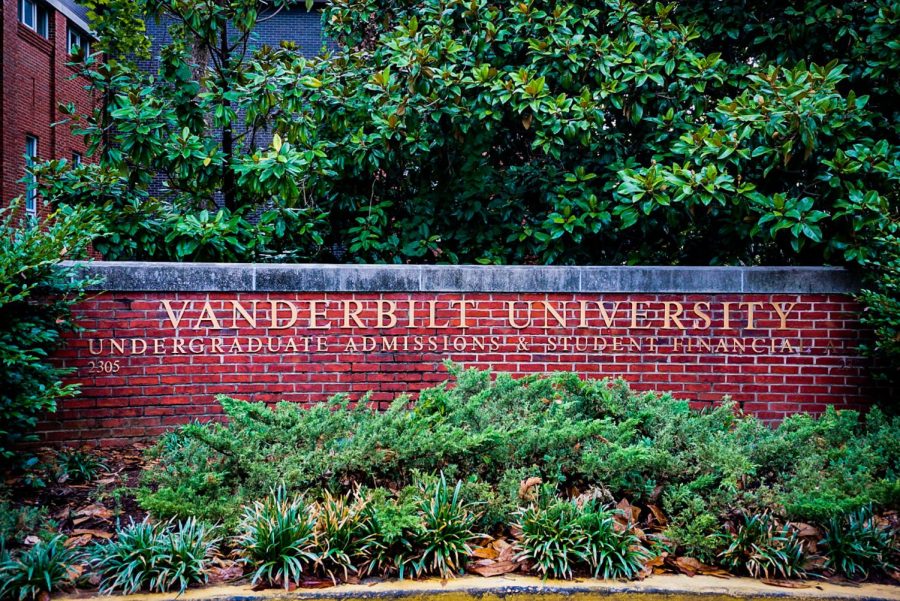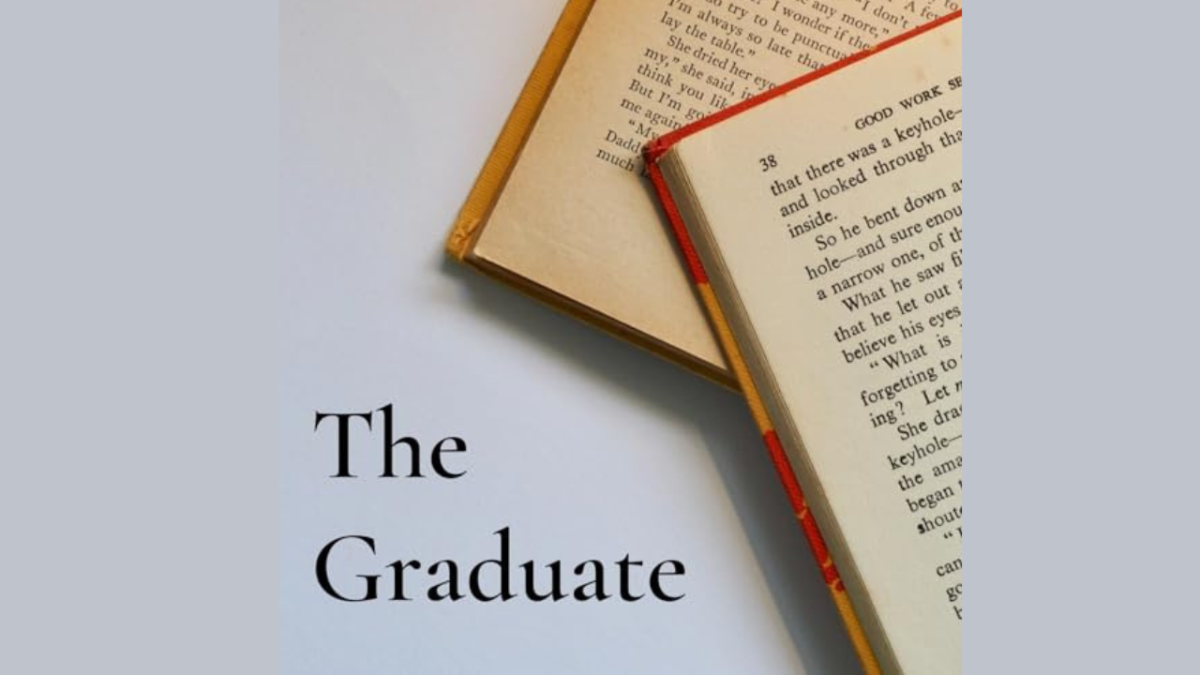Short, generic mission statements hastily pasted onto websites of elite universities hope to expel their histories founded on oppression. Touting the importance of intellectual freedom and social change, such statements imbue the notion that schools like Vanderbilt will commit to pioneering revolutionary policies necessary for educational liberation voluntarily; though, the institution’s track record has continually proven otherwise.
Wealth has always swayed university actions, allowing wealthy groups like Greek life chapters to dominate college culture. Even when these organizations commit heinous acts, their wealth affords them unprecedented leeway that marginalized communities on campus desperately need to capitalize on their rare elite university experience. Furthermore, Vanderbilt’s diversity aims are muddied by their pursuit of wealth, resulting in the uplift of select marginalized communities, like international students, with significant buying power.
The oppressive roots of Vanderbilt’s Greek life infamously came to head during the summer as stories of racism and sexism plaguing fraternities and sororities flooded The Hustler’s trending section. Many called for the abolition of Greek life after reports of the frequent use of racial slurs and numerous accusations of sexual assault were plastered on social media feeds. During the heart of the movement, five Greek organizations were under suspension for student misconduct; the reason for the suspension remains unclear When considering the monetary value of Greek organizations, which include but are not limited to the associated fees and housing, it is easy to understand why Vanderbilt would have a difficult time abolishing Greek life. The prospect of eliminating an outlet for casual bigotry must outweigh the financial gain Greek life brings to Vanderbilt. Naturally, fraternities and sororities, especially at elite schools, attract the wealthiest students.
With continued Greek association, Vanderbilt and its peer schools will ensure a large stream of non-tuition income that will likely be sustained after their graduation via alumni donations. The victims of such bigotry are less likely to provide comparable capital, as their community’s history of marginalization resulted in diminished socioeconomic status. Hence, the sustenance of Greek life—which is associated with the promise of significant funds—outweighs the uproar of the marginalized.
Simply put, disadvantaged students cannot weaponize their monetary power in the same way other wealthy students can to create organizations with the substantial buying power that affords them moral leeway.
The “profit-over-people” philosophy soon repeated itself as Vanderbilt faced the Trump administration during the summer. Swiftly coming to the defense of international students, Vanderbilt filed a “joint amicus brief” famously led by Harvard and MIT to ensure that these students would have a place at their current institution if they converted to fully-online instruction in the fall. On the surface level, Vanderbilt and its peer institutions were courageously rebelling against the Trump administration, cementing their statuses as asylums for international students who hoped to participate in a higher education experience in the stateside. However, Vanderbilt and its peer institutions were also likely compelled to defend international students because of their large contributions to Vanderbilt’s income. Vanderbilt offers its generous financial aid packages to only a small pool of international undergraduates. In other words, most international students will be expected to finance their entire $300k education at Vanderbilt, creating a hefty and reliable stream of income for the institution. Thus, Vanderbilt would naturally rush to the defense of this subset of students, and not lower-income students of color who are less likely to contribute any meaningful capital via tuition payments.
Though the institution aims to enhance diversity and confront its past of atrocities via new measures, including funnelling more money into inclusivity departments around campus, it impedes on its own initiatives by allowing organizations like Greek life leeway to avoid significant consequences for their bigoted history. Efforts to “explore and engage in meaningful conversations and learning opportunities about our university’s history” are meaningless if the administration does not apply the new knowledge to reconfigure Vanderbilt’s trajectory into an equally violent future.
Such application requires not only current initiatives like the expansion of the University Diversity Council to include members of the Vanderbilt Black Alumni and ‘Dores of Distinction Board, but the elimination of outdated organizations and measures that hope to revitalize racist behavior, too. An anti-racist and racist organization cannot coexist, especially when the racist one founded decades ago has accrued significantly more capital than the anti-racist ones founded merely months, if not years, ago. Vandy’s focus on money should constitute much caution, as the new stream of money poured into programs like the Office for Equity, Diversion and Inclusion and the Office for Inclusive Excellence will be meaningless due to the vast purchasing power of the wealthy in Greek systems that have accumulated interest for centuries.
If Vanderbilt truly hopes to accomplish its mission statement and promote diversity and educational freedom, it must choose to execute ethical decisions regardless of how financially fruitless they may be. Attempting to justify even the best of causes via financial means will place great weight on financial contributions. If wealth can continue to influence decision-making, each student’s worth will correspond with their expected family contribution value on FAFSA. If continued, this behavior will regress Vanderbilt, indefinitely delaying the social progress it aims to achieve.
To care for a community, Vanderbilt must address marginalized students’ concerns for the sake of justice rather than profit, unveiling the equality masked by wealth.

